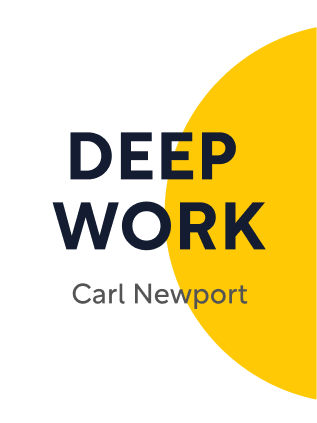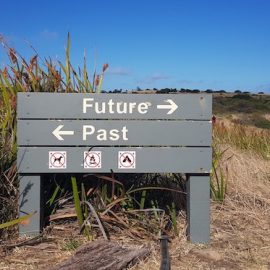

This article is an excerpt from the Shortform book guide to "Deep Work" by Cal Newport. Shortform has the world's best summaries and analyses of books you should be reading.
Like this article? Sign up for a free trial here .
Are you looking for Deep Work quotes from Cal Newport’s book? How can these quotes help strengthen your understanding of what deep work is?
Deep work is the kind of focused work on a task that pushes your cognitive abilities. Here are five quotes from Cal Newport about deep work with explanations.
Continue reading for Deep Work quotes.
Deep Work Quotes
“Deep work” is focused, uninterrupted, undistracted work on a task that pushes your cognitive abilities to their limit.
In contrast, “shallow work” describes tasks that aren’t cognitively demanding – like answering email, filling out paperwork, and attending unproductive meetings. These tasks don’t create much value and are easy for others to replicate. Groundbreaking ideas and meaningful progress come from deep work, not shallow work. Shallow work is incremental. Deep work can be transformational.
Below are five Deep Work quotes from Cal Newport’s book:
“Two Core Abilities for Thriving in the New Economy 1. The ability to quickly master hard things. 2. The ability to produce at an elite level, in terms of both quality and speed.”
As our economy changes, deep work becomes more valuable. Over the past decades, the economy has moved away from brute force labor to information. The old economy – working in a manufacturing plant – didn’t require deep work for most workers. But now skills that succeed in the new economy – like complex problem solving, data analysis, and computer programming – require deep work to learn and execute. Your ability to do deep work will determine how much you thrive in this economy.
“what we choose to focus on and what we choose to ignore—plays in defining the quality of our life.”
Choosing what to work on is important. You should spend time on things that have the largest impact.
“If you keep interrupting your evening to check and respond to e-mail, or put aside a few hours after dinner to catch up on an approaching deadline, you’re robbing your directed attention centers of the uninterrupted rest they need for restoration. Even if these work dashes consume only a small amount of time, they prevent you from reaching the levels of deeper relaxation in which attention restoration can occur. Only the confidence that you’re done with work until the next day can convince your brain to downshift to the level where it can begin to recharge for the next day to follow. Put another way, trying to squeeze a little more work out of your evenings might reduce your effectiveness the next day enough that you end up getting less done than if you had instead respected a shutdown.”
The important concept here is to convince yourself that things will be fine when you shutdown. You’ll never be able to finish all your important work in one day. Instead of feeling anxious about unfinished tasks, be confident that all the important tasks are accounted for, and that you’ll make meaningful progress the next day.
“Once your brain has become accustomed to on-demand distraction, Nass discovered, it’s hard to shake the addiction even when you want to concentrate. To put this more concretely: If every moment of potential boredom in your life—say, having to wait five minutes in line or sit alone in a restaurant until a friend arrives—is relieved with a quick glance at your smartphone, then your brain has likely been rewired to a point where, like the “mental wrecks” in Nass’s research, it’s not ready for deep work—even if you regularly schedule time to practice this concentration.”
Behaviorally, if every moment of boredom in your life is relieved with reaching for your smartphone, your brain has likely been rewired to be addicted to distraction and novelty. You become hooked on discovering new information, and boredom becomes unbearable. This makes it harder to resist distractions.
“The task of a craftsman, they conclude, “is not to generate meaning, but rather to cultivate in himself the skill of discerning the meanings that are already there.”
Philosophically, the rise of secularism and the Enlightenment removed a religious and faith-based source of meaning to many. This easily leads to nihilism. Yet the craftsman has found a source of meaning in work. For instance, by finding the value in wood transformed into a table.

———End of Preview———
Like what you just read? Read the rest of the world's best book summary and analysis of Cal Newport's "Deep Work" at Shortform .
Here's what you'll find in our full Deep Work summary :
- How deep work is critical for performance and productivity
- Why focus is like a mental muscle
- Why willpower isn't as good as a ritual






